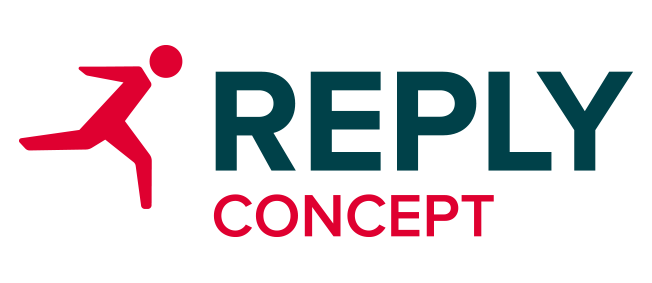,allowExpansion)
DevOps for Automotive
Concept Reply’s Software Release Automation
Fleet Management Over The Air
A customer from the automotive sector contacted Concept Reply with a request to setup Continuous Integration (CI) and Continuous Delivery (CD) with nightly builds and smoke tests to perform software checks on their test racks. The project goal was to support a fleet management system for controlling and gathering statistics of cars and be able to update software system components over the air.
Therefore, the main requirement was to transfer the existing code from Jenkins to Gitlab, setup CI/CD for the main project and its related subprojects and switch delivery from Nexus to Artifactory Repository Manager. In addition, there was a request to set up and automate End-to-End testing.
The Achievements
The Results
As a result of software release automation, Concept Reply managed to speed up delivery of increments on 70%. The customer thus receives information about released software state and test reports in automatic mode that boosts review and reports sharing.
Why is Software Testing so Important?
IT companies use various Software testing methodologies to assure quality, prevent defects and avoid problems when delivering products or services. It is an important measure that has to be taken before a release:
It is mandatory to ensure the quality of the software.
It is necessary to identify whether the application meets its requirements.
Exclude failures before the software becomes available for clients.
Robust infrastructure requires installation of high volume, high performance and high availability systems. Such systems could be assembled from several modules that represent DevOps tools such as Amazon S3, Amazon SES, Gitlab CI and Artifactory. System reliability depends not only on tools itself but also on proper alinement formed on the requirements of the project. High volume and high performance systems ensure proper pipelines alinement that run in parallel on scalable cluster of containers. Besides that, these operations include also continuous improvement of the existing system: adapting it to a constantly changing environment.
Accelerating The Process
Test automation is one of the most important aspects of quality assurance that helps to get software-testing results in a short time. Automated testing on such levels as Unit tests, functional testing and End-to-End testing accelerate the process of searching defects due to improper structure or improper usage of software.
At high levels End-to-End testing covers critical functionalities such as servers, databases, services, applications and communication mechanisms used in the project.

Concept Reply is an IoT software developer specializing in the research, development and validation of innovative solutions and supports its customers in the automotive, manufacturing, smart infrastructure and other industries in all matters relating to the Internet of Things (IoT) and cloud computing. The goal is to offer end-to-end solutions along the entire value chain: from the definition of an IoT strategy, through testing and quality assurance, to the implementation of a concrete solution.